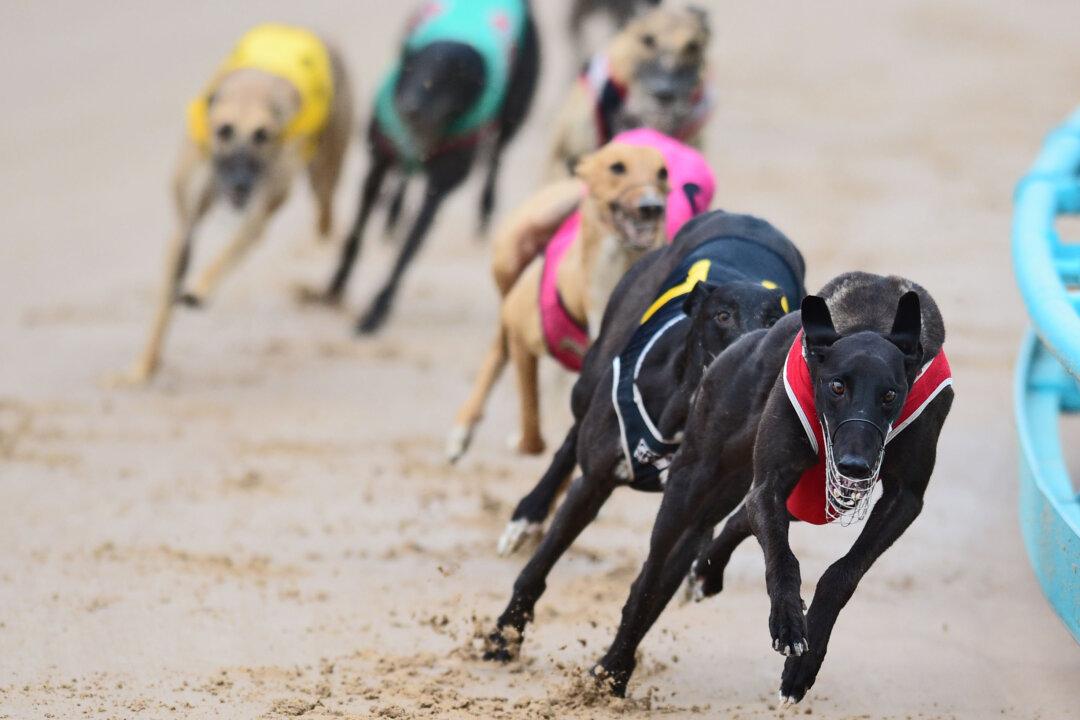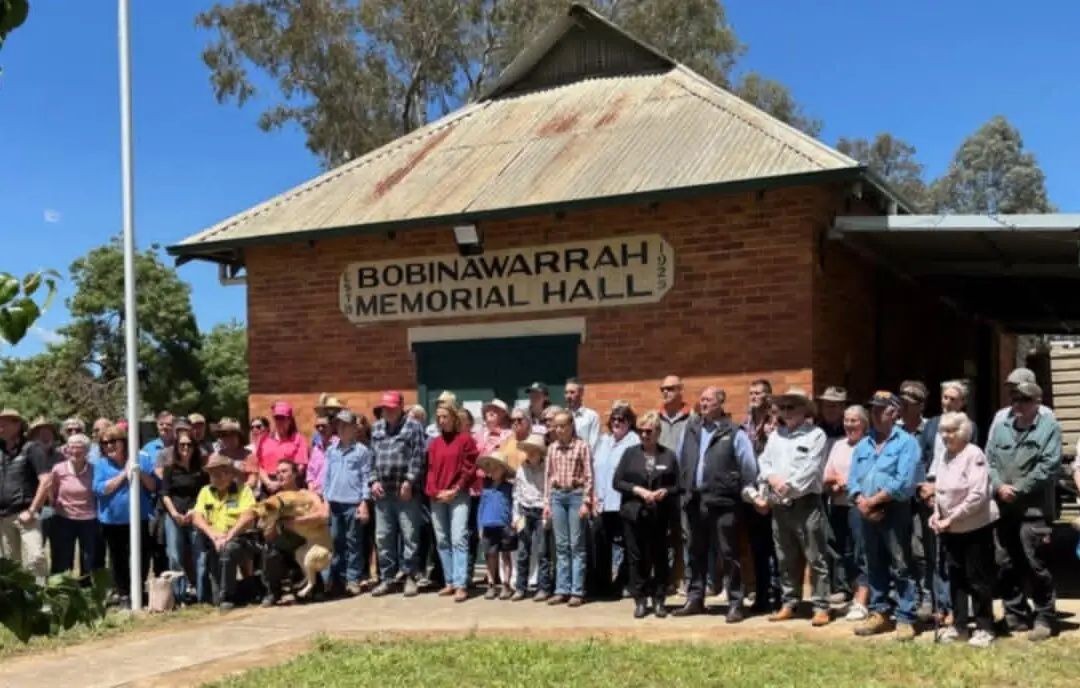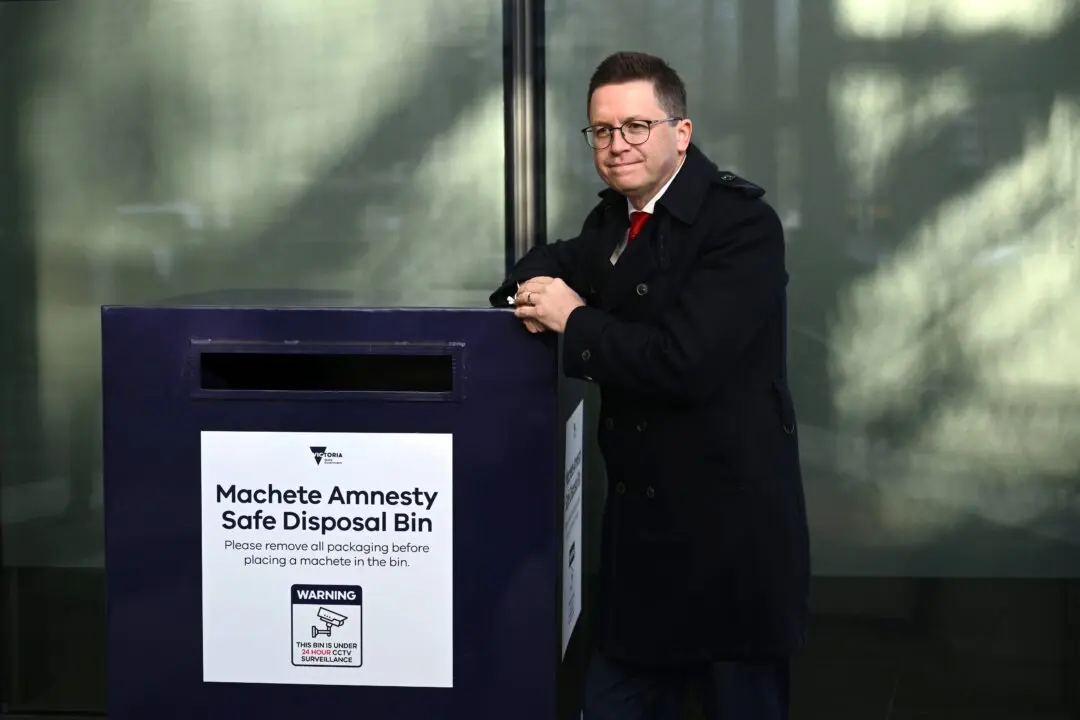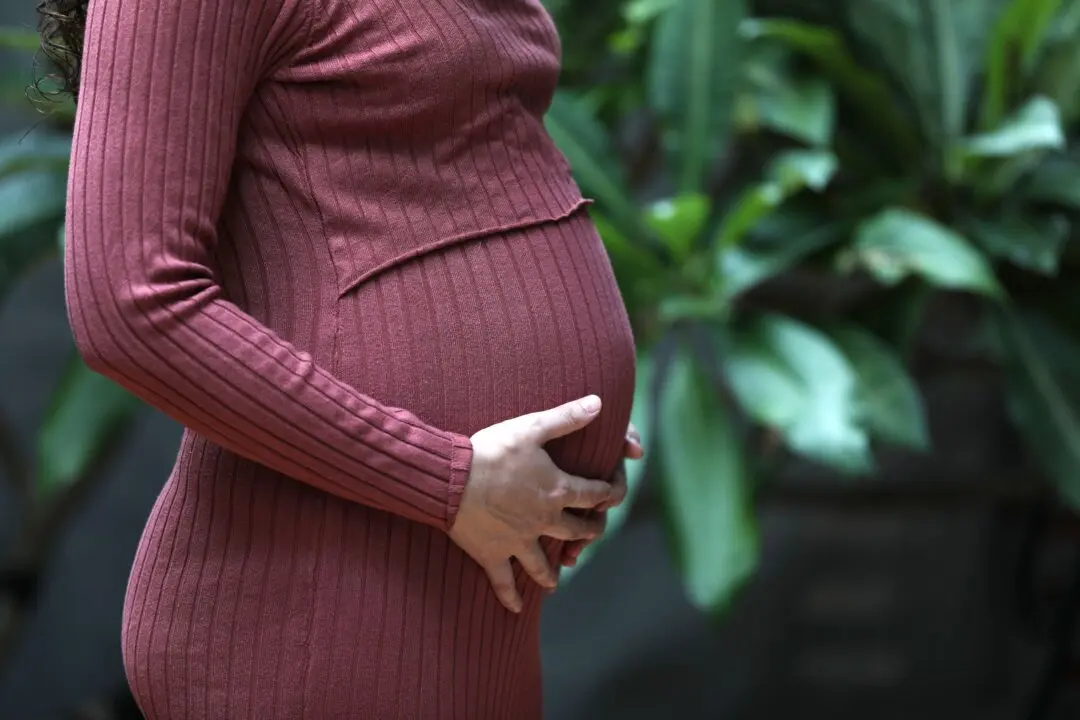A motion put to the Victorian Legislative Council by the Animal Justice Party (AJP) calling for Greyhound Racing Victoria (GRV) to include more detail on animal welfare integrity data has caused a divide among the greyhound-racing community and animal activists.
The motion was passed on Oct. 16, receiving 23 “yes” votes to 14 “noes”, to increase protocols on record keeping—with a focus on injuries incurred at the track and on training paddocks.





